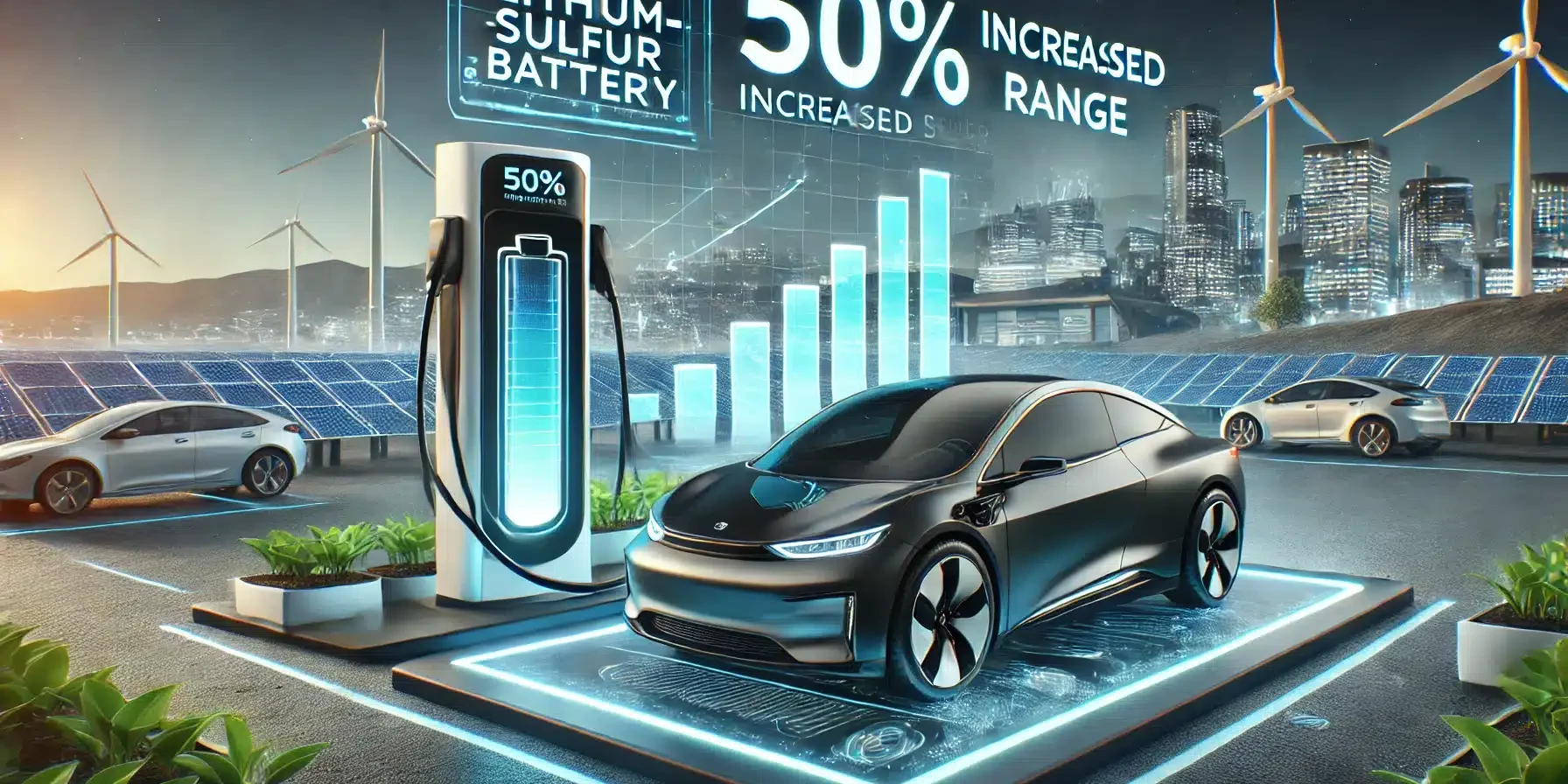Breakthrough in Battery Technology: New Lithium-Sulfur Battery Increases Electric Vehicle Range by 50%
The automotive industry stands on the brink of a revolution, thanks to a groundbreaking discovery in battery technology. In March 2024, a team of scientists from an international research consortium announced the development of a new generation of lithium-sulfur batteries that promise to increase the range of electric vehicles by an impressive 50%. This breakthrough achievement has the potential to radically change the landscape of electromobility, eliminating one of the main obstacles hampering the mass adoption of electric vehicles – limited range. The new technology not only increases energy efficiency but also significantly reduces production costs, which could translate into lower prices for electric cars in the coming years, making them more accessible to a wider range of consumers.
The key to the success of the new technology lies in an innovative approach to battery cathode construction. Scientists have developed a new method of stabilizing sulfur in a carbon structure, which has allowed for a significant increase in energy density while solving the problem of battery degradation during charging and discharging cycles. Additionally, the use of a new electrolyte based on lithium-ion conducting polymers has improved the safety and durability of the cells. According to preliminary tests, the new batteries not only offer greater range but also feature much faster charging times – up to 80% capacity in just 15 minutes. This solution could finally put an end to the so-called “range anxiety” that has so far deterred many potential buyers from purchasing an electric car.
The introduction of the new battery technology to the market could have far-reaching consequences for the entire automotive industry. Major car companies have already announced intensive work on integrating the new cells into their future models. Market analysts predict that the first vehicles equipped with lithium-sulfur batteries could appear on the market as early as 2026. At the same time, the success of this technology could accelerate the move away from traditional combustion engines and speed up the global energy transformation in the transport sector. Nevertheless, before the mass implementation of the new technology, there are still challenges related to optimizing the production process and ensuring appropriate infrastructure for recycling used cells. Despite this, experts agree – we are witnessing the beginning of a new era in the development of electromobility, which could fundamentally change the way we move and use energy in transportation.







